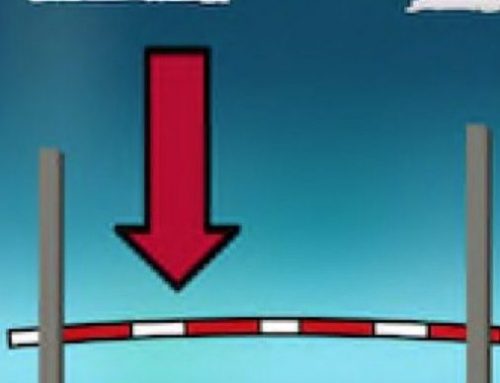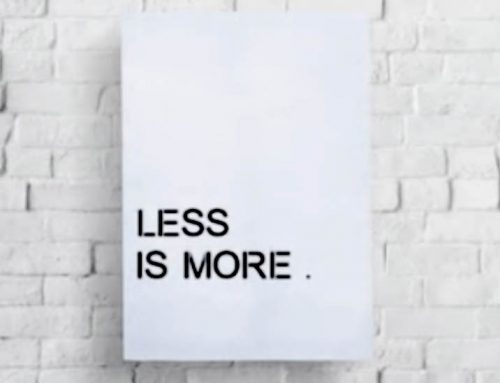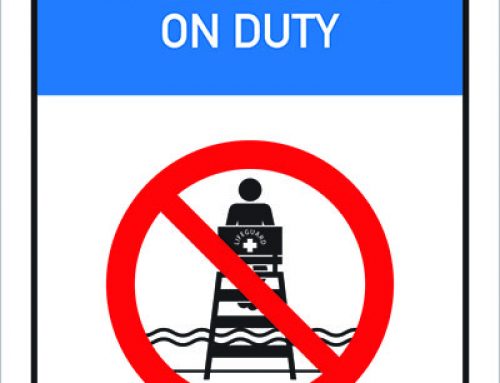The truth about procrastination
 Picture it. You’re asked to give a big presentation at work. You are given two weeks to prepare. Plenty of time right? You vow to yourself that today is the day you will carve out two hours to work on it. Yet every time you open up PowerPoint you are staring at a blank slide. Why is it that you can’t seem to get started? You may start to question your motivation or you may think you are just being lazy. But that isn’t (usually) the real reason why many of us put off tasks.
Picture it. You’re asked to give a big presentation at work. You are given two weeks to prepare. Plenty of time right? You vow to yourself that today is the day you will carve out two hours to work on it. Yet every time you open up PowerPoint you are staring at a blank slide. Why is it that you can’t seem to get started? You may start to question your motivation or you may think you are just being lazy. But that isn’t (usually) the real reason why many of us put off tasks.
We often procrastinate because we are caught in the perfectionist trap.
The perfectionist trap is the voice in our head that is afraid that what we produce won’t be good enough. We may be afraid of criticism or failure. As a result we get in our heads and our creativity becomes blocked. We simply cannot get started. The unfortunate issue with procrastination and the perfectionist trap is that by continually putting off getting started we are not giving ourselves sufficient time to produce high quality results. This is how fear of criticism and failure can become a self fulfilling profecy.
How do we break free of procastination and the perfectionist trap?
Here are three ways to break free of procastination and the perfectionist trap along with examples using the presentation scenario from above.
- Challenge your fears and replace them with realistic and empowering thoughts. It can help to make a list of your fears and for each fear write a realistic and empowering thought to replace the fear. Refer to this list every time the fear enters your mind. By continuing to challenge your fears you will evenutally gain a better perspective on the situation.
Example: You may be afraid to get started on the presentation because you fear criticism for not presenting well or not being able to answer a question during the presentation. You could challenge this fear by remembering that a) you are presenting to deliver information about a topic and it is not about you and b) nobody has all of the answers and you can always respond to a question after the presentation.
- Break down the task into small actionable steps. It is easier to make progress if you focus on one small step at a time. Procrastination can occur because we are overwhelmed with the amount ot time and effort it might take to complete a task. It is much more appealing to begin a task if we know the task is simple.
Example: You may tell yourself that today you will just create a high level outline of the PowerPoint slides with only the headings and bullet points on the key takeways. Tomorrow you may tell yourself to complete the first slide, the next day the second slide, etc.
- Recognise what you can control and what you cannot control. Prepare for what you can control. Once you understand what you are able to control and you adequately prepare you need to let the rest go as it is simply out of your hands.
Example: In preparing the presentation you can control the quality of the written and verbal presentation by a) making sure you understand the expectations of the people you are presenting to before you start b) having someone you trust review the written presentation as well as listen to your verbal presentation and provide you with honest feedback and c) practice, practice, practice!
Once you practice these new habits to tackle procrastination and the perfectionist trap, you will find yourself moving forward with those nagging tasks you have been putting off until tomorrow. As a result you will feel much lighter and more productive.
Funny, you may even wonder why you didn’t start these habits sooner.











